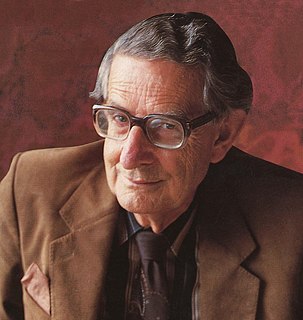A Quote by Sue Grafton
Related Quotes
Whether we experience it or not, grief accompanies all the major changes in our lives. When we realize that we have grieved before and recovered, we see that we may recover this time as well. It is more natural to recover than to halt in the tracks of grief forever. Our expectations, willingness and beliefs are all essential to our recovery from grief. It is right to expect to recover, no matter how great the loss. Recovery is the normal way .
Whatever you do to recover from a loss, people will be critical because they believe that the only way to recover is their way. And you will even run into some people who should be run into by rhinos because they actually don't want to see you get over your tragedy at all; grief is a spectator sport for them.




































